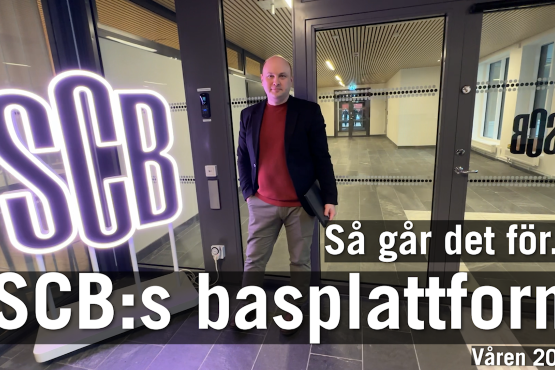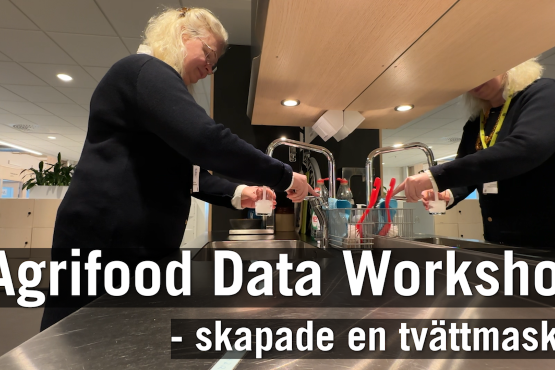Datarätt Innovation - provides legal impetus in innovation projects
Take part in the three insights from the DataRätt Innovation (DRIV) project, which has been coordinated by AI Sweden at Lindhomen Science Park, together with, among others, Chalmers Industriteknik and RISE.
The three insights
- GDPR is perceived as legislation that is difficult to interpret and apply in practice.
- The lack of legal resources in project teams risks causing uncertainty and delays.
- Swedish authorities need to coordinate better, and develop common guidelines and approaches.
DRIV's goal has been to create conditions for handling legal issues that arise in research and innovation projects. Researchers at the Faculty of Law at the University of Gothenburg, led by Christoffer Hermansson and Ulf Petersson, have had an important role when it came to the implementation of the project and not least in the development of methodology. That's what Johan Felix says, who together with Vilhelm Verendel represents Chalmers Industriteknik.
- Today, it is often the case that when you carry out a publicly funded research and innovation project that is based on large amounts of data, it stops when you get to the implementation: Then you realize that this cannot be done for legal reasons, that means that legislation or regulations prohibit us from doing so, says Johan Felix.
The idea with the DRIV project was to develop a number of aids that instead lead to the implementation being carried out successfully. This has been done, among other things, by testing a method for identifying, analyzing and handling legal challenges in three pilot projects. The three projects are:
- Shared road law data for more reliable public transport, project within DRIVE Sweden (led by Via PM)
- AI Factory/Construction, project within Smart Built Environment (led by Luleå University of Technology)
- Collaboration for better health, project within Swelife (led by Region Örebro County).
- These are different conditions, but it is also a very good way for us to see what recurring problems these projects face when it comes to handling data. Among other things, it could be that you have limited access to expertise in the area. The level of awareness is quite low within many research and innovation projects when it comes to the legal challenges, says Johan Felix.
His colleague Vilhelm Verendel also draws connections to current bills and upcoming legislation – not least in the AI area.
- With the help of our method, it will be possible to help project take care of AI-based innovations in a proactive way. The background to this is that the EU has several emerging legal acts in AI-based innovations and data-driven innovation. GDPR is an example that many people know, which has been in force since 2018, but we have EU Data Act, among others, who may regulate all AI-based innovations that are put on the market, says Vilhelm Verendel.
Vilhelm Verendel and Johan Felix emphasize that the DRIV initiative has been implemented at the intersection between technology and law.
- In order for this area to be able to develop forward and for us to be able to benefit from data and large amounts of data in society, we have realized that it is a very important factor that technicians and lawyers must be able to understand each other, says Johan Felix.
- Watch the full movie here
- Se DRIV-projektets egen seminarieserie med results och erfarenheter från pilottester av metod
- The final report is here
Last updated 15 April 2024






Leave a comment
You have chosen to disallow certain cookies and funtions on our website, such as commenting on blog posts. You can change your privacy settings at any time to allow these functions and get a better experience.
Change privacy settings